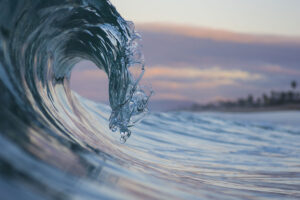OPC co-hosting virtual meeting on emerging contaminents
The Ocean Protection Council, the State Water Resources Control Board, and the Southern California Coastal Water Research Project, are reconvening the Science Advisory Panel on Contaminants of Emerging Concern (CECs) in Aquatic Ecosystems (Panel) to review existing scientific literature and determine the state of current scientific knowledge on the risks of CECs impacting human health and the environment in freshwater, coastal and marine ecosystems of the State. The panel will update recommendations submitted in 2012 to the State Water Board to improve the understanding of CECs to protect public health and the environment.
The Panel, will be hosting its initial series of public meetings via Zoom. The meetings are scheduled Monday through Thursday, October 12 – 15 from 8am to 10am. The meetings will include technical presentations for the Panel’s consideration and time is allocated for interested parties to provide input and feedback as part of the initiation of the Panel’s deliberation process. This meeting series is free and open to the public, and registration is available at: https://us02web.zoom.us/webinar/register/WN_1yzijYkVTq6JQH-NYbVxzw
The agenda for the meeting series includes four parts that correspond to each day of the series including:
- Part 1: Intended Use of Panel Products
- Part 2: CEC Management Approaches
- Part 3: Scientific Advances in the Field
- Part 4: Stakeholder Input
For those that are interested but unable to attend, the meeting will be recorded and made available to the public for later viewing. This panel is updating information from a previous Science Advisory Panel from 2012, additional information on the previous Science Advisory Panel, including a link to the 2012 report, is available at https://www.sccwrp.org/about/research-areas/emerging-contaminants/cec-ecosystems-panel/.

Photo credit: Todd Teetzel

